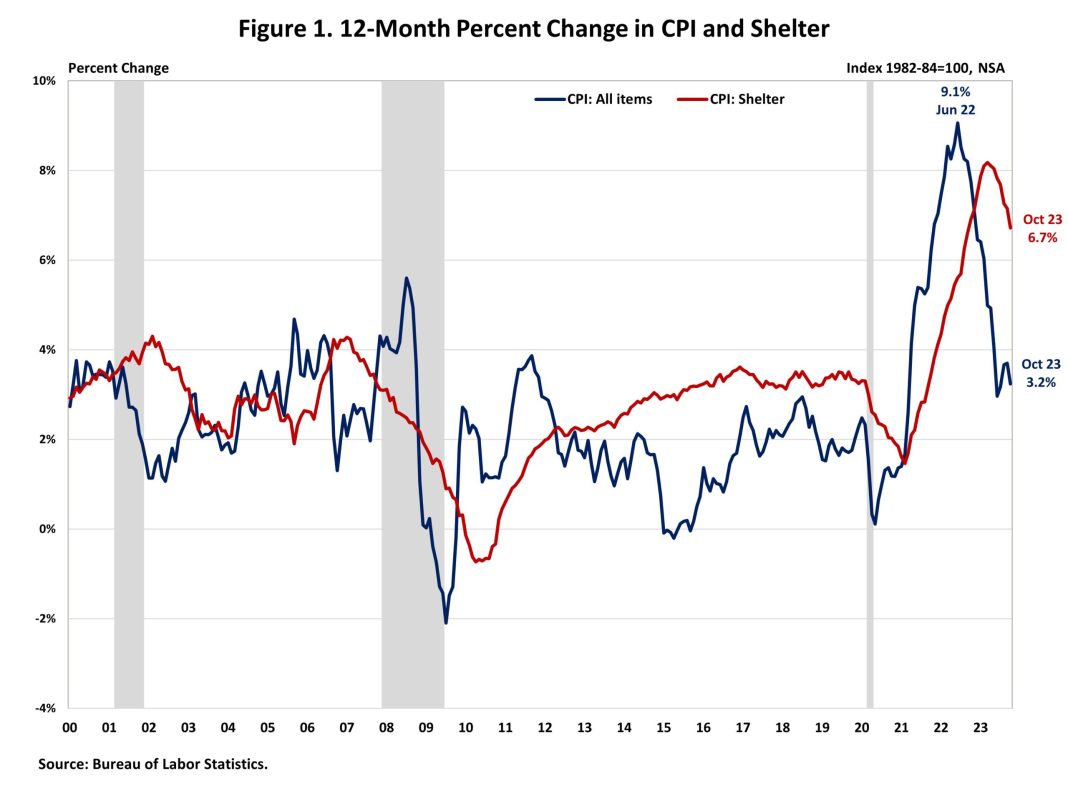 Study Reveals How Long $1 Million in Retirement Savings Will Last in Different States
Study Reveals How Long $1 Million in Retirement Savings Will Last in Different States
Introduction:
A recent study conducted by personal finance site GoBankingRates sheds light on how long retirees can sustain their lifestyle with $1 million in retirement savings. The findings highlight significant variations across different states, with some seniors facing financial challenges sooner than others.
The Financial Struggles of California and New York:
According to the study, seniors in California may find themselves financially strained after approximately 12 years, eight months, and five days of retirement. This is primarily due to the high cost of living, including expenses such as groceries, housing, utilities, transportation, and healthcare. The cumulative annual expenses amount to almost $80,000 per year. Similarly, New Yorkers are estimated to exhaust their $1 million savings in 13 years, eight months, and one day.
The Bleak Outlook in Hawaii and the District of Columbia:
Retirees in Hawaii face the most concerning prospect, as the study suggests they could deplete their $1 million retirement savings in just nine years, seven months, and 25 days. The District of Columbia also fared poorly, with a similar timeline of 11 years, ten months, and 25 days. These states exhibit the challenges posed by high living costs and healthcare expenses.
Positive Projections for Texas and Southeastern States:
In contrast, some states offer more favorable outcomes for retirees. Texas, being one of America’s larger states, demonstrates a relatively positive scenario, with $1 million lasting for approximately 18 years, seven months, and seven days. Southeastern states such as Tennessee, Georgia, Alabama, Mississippi, the Carolinas, and Florida also provide a reasonably long duration of retirement funding. These states indicate that $1 million may last at least 17 years, with certain states approaching the 20-year mark.
The Midwest’s Resilience:
The Midwest also displays a similar trend, with states like Iowa, Arkansas, Missouri, Kansas, Nebraska, Illinois, and Indiana performing well in terms of retirement sustainability. These states reflect the ability of $1 million in savings to support retirees for a prolonged period.
West Virginia’s Advantage:
Among the states analyzed, West Virginia emerges as the most favorable for retirees. Seniors in the Mountain State can expect their $1 million savings to last for an impressive 20 years, three months, and 19 days. This ranking showcases the comparatively lower cost of living and expenses in West Virginia.
Insights and Analysis:
The study’s findings underscore the crucial role played by geography in determining retirees’ financial well-being. Factors such as the cost of housing, groceries, utilities, transportation, and healthcare significantly impact the longevity of retirement savings. For seniors residing in states with high living costs like California, New York, Hawaii, and the District of Columbia, careful financial planning and budgeting are vital to ensure a sustainable retirement.
Furthermore, these findings highlight the importance of considering other sources of income and retirement investments alongside savings. Relying solely on $1 million may not be sufficient for retirees in certain states. Supplementing retirement savings with additional income streams, such as pensions, social security benefits, or investment returns, can provide a more robust financial foundation.
It is worth noting that this study represents a general projection based on average expenses and does not account for individual circumstances or unexpected events. Seniors should consult financial advisors or retirement planners to develop personalized strategies that consider their unique needs and goals.
Conclusion:
Retirees should be aware of the potential challenges they may face in different states when planning for their golden years. Understanding the financial landscape and variations across states can help seniors make informed decisions about where to retire and how to allocate their retirement savings. By proactively managing their finances and exploring multiple income sources, retirees can enhance their financial security and enjoy a more comfortable retirement.


